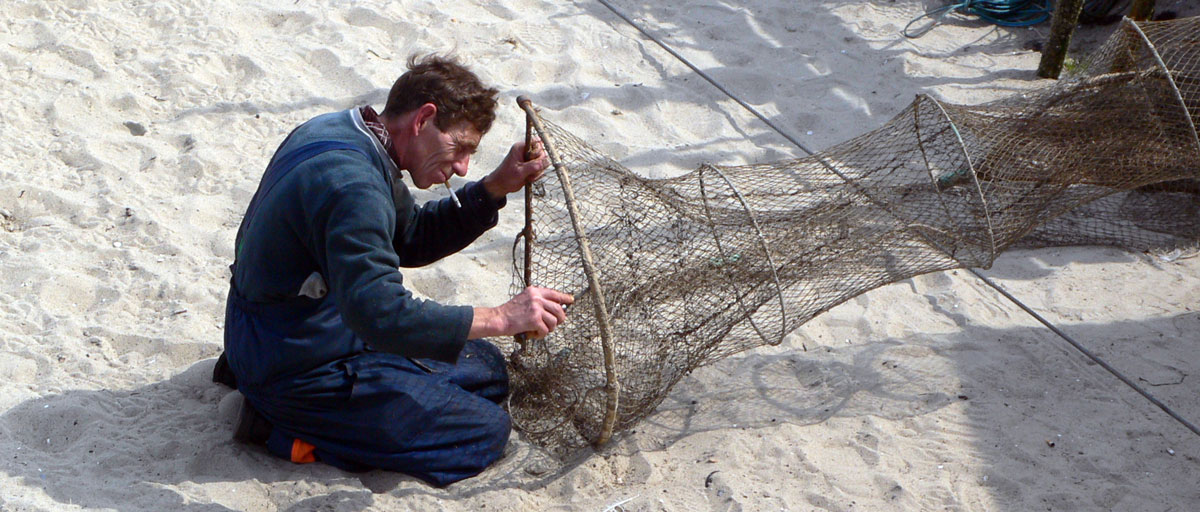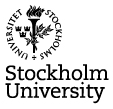
The social embeddedness of natural resource extraction and use in small fishing communities
Seminar with Prof. Kenneth Frank, Wednesday October 7, 2009, 14.00-15.00. Please note location: Room 251, Stockholm Resilience Centre Kräftriket 2 B, Stockholm University.
The theory has two key components. First, people make decisions about what technology to use to extract natural resources and how much effort to exert based on the knowledge and norms of others in their communities. Second, as a complement, people will allocate resources and support to others in their communities based on the expected returns in knowledge and resources.
The result, we argue, is that even the most compelling and ubiquitous of global forces will be filtered by one´s immediate social network. As a corollary, global forces will become overwhelming when they not only change individual incentives but when they change the very networks in which people are embedded.
About Professor Frank
Kenneth Frank received his Ph.D. in measurement, evaluation and statistical analysis from the School of Education at the University of Chicago in 1993. He is currently a professor in Counseling, Educational Psychology and Special Education as well as in Fisheries and Wildlife at Michigan State University.
His substantive interests include the study of schools as organizations, social structures of students and teachers and school decision-making, and social capital, linked to methodological interests as: social network analysis, causal inference and multi-level models. His publications include quantitative methods for representing rela¬tions among actors in a social network, robustness indices for inferences, and the effects of social capital in schools and other social contexts.
Ken´s current projects include a study of how schools respond to the accountability standards of No Child Left Behind, how junior teachers are inculcated into the profession of teaching, how adolescents respond to their social contexts in schools, and how the decisions about natural resource use in small communities are embedded in social contexts.
Time and place
Please note location: Room 251, Stockholm Resilience Centre Kräftriket 2 B, Stockholm University
Vacancies | Contact | Environmental policy | Cookies
Stockholm Resilience Centre
Stockholm University, Kräftriket 2B | Phone: +46 8 674 70 70 | info@stockholmresilience.su.se
Organisation number: 202100-3062 | VAT No: SE202100306201


